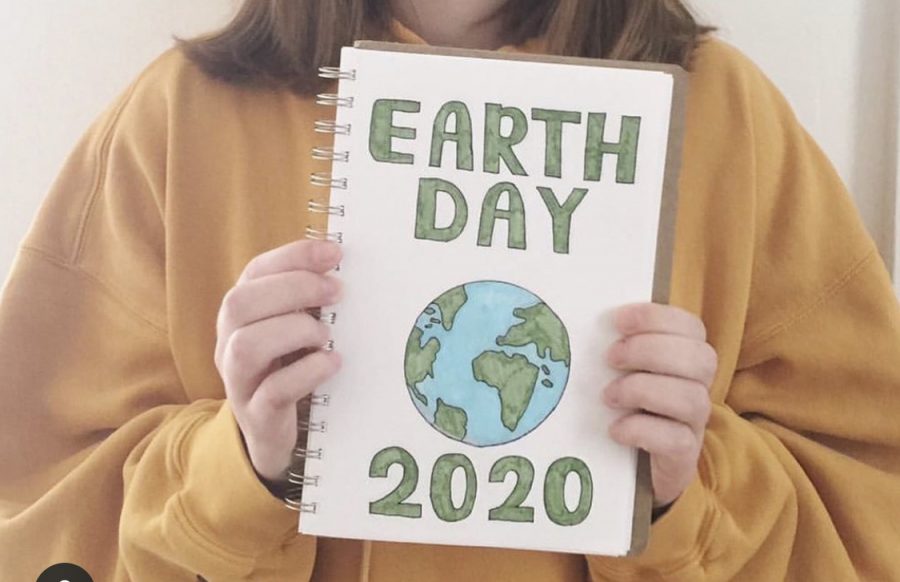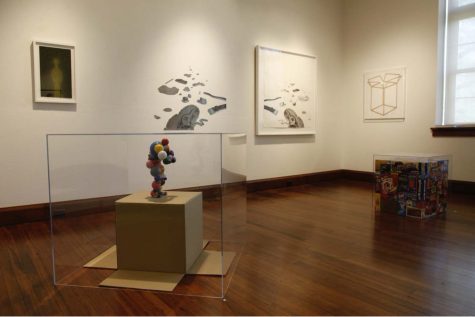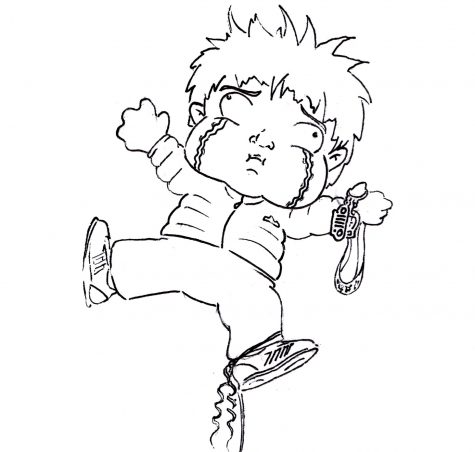Media Recommendations About Our Planet
April 24, 2020
Y’all already know me. This won’t be about the wonders of nature. This recommendation list will help you understand how humans have changed the environment, and what we can do to fix it.
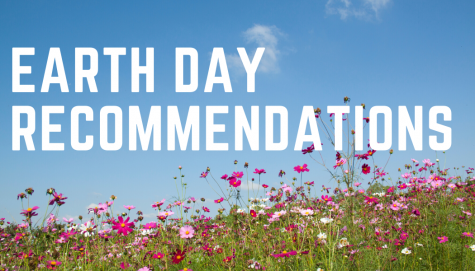
Read:
Books that changed the way I think about the climate crisis and sustainability in general:
This Changes Everything by Naomi Klein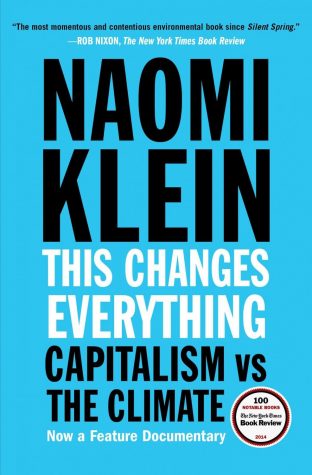
Provides a history of the battle between capitalism and the climate and details how major companies––and through their lobbying dollars, local and federal governments––have prioritized profit and boundless growth over environmental protection in a myriad of ways. Klein is fierce and unapologetic, and grounds her claims with statistics and environmental data galore. This book definitely has its critics (for example, Steven Pinker writes a scathing passage on it in his own book Enlightenment Now), but in my humble opinion, it’s also definitely worth a read.
Green Metropolis by David Owen
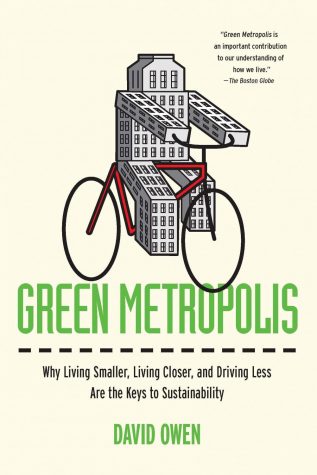
Owen proposes three pillars of sustainable living: 1) living closer together 2) in smaller spaces and 3) driving less. By this logic, he argues that Manhattanites, even if unintentionally, are the epitome of sustainability. In contrast, environmentalists who favor the bucolic countryside are doing more harm than good in terms of energy expenditures and emissions. By the end of this book, I was convinced of his thesis, and perhaps you can be too.
Geography of Nowhere by James Howard Kunstler
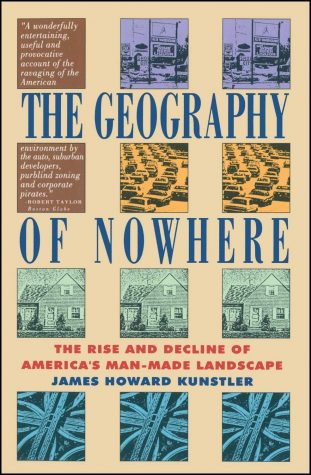
This may seem climate adjacent, but Geography of Nowhere provides a history of suburban development. There’s plenty for architecture history nerds to geek out about, but the book also answers the question, why do I keep losing my bearings in Ballwin’s section of Manchester Road? The answer is less connected to my sense of location and more connected to how the business logistics of construction, malls, and––you guessed it––lobbying dollars put in the “right” places by oil, gas, and car companies. See the climate component now?
What’s next on my reading list:
Losing Earth by Nathaniel Rich
About the decade 1979-1989, how we realized the climate crisis was looming, and why we didn’t do enough to stop it.
The Great Derangement by Amitav Ghosh
Again, how have we come to terms with current inaction on climate change? How is that accepted in the general public? This is a climate change book written by a novelist. I’m expecting this one to feel more literary, perhaps more philosophical than other climate change nonfiction…and I’m excited about it.
Windfall: The Booming Business of Global Warming by McKenzie Funk
The title says it all, but I’m interested in finding out who’s profiting from the current climate crisis. Of course, I have some hunches already…looking at you, recycling industry.
Documentaries
Plastic Wars: https://www.pbs.org/wgbh/frontline/film/plastic-wars/
What I have against recycling, summarized in less than an hour:
Rotten (available on Netflix)
Why I’m weary of the agriculture industry, summarized in a couple of hours
Cowspiracy (available on Netflix)
The quintessential call to action documentary
An Inconvenient Truth by Al Gore
What I have against fast fashion
The True Cost (available on Netflix)
The fast fashion episode of Patriot Act (available on YouTube)
How to look around for yourself/additional resources:
Through the Burroughs Library, the student body has access to a variety of databases, including JSTOR, EBSCOHost, and eBook Central, and the Humanities eBook Project. Many of these resources, for example JSTOR, have sustainability collections (https://www.jstor.org/sustainability/) with a wide selection of subtopics (urban development, environmental engineering, renewable energy, agricultural practices, etc). Students can filter their search results to include documentaries, book chapters, published journal articles, or even entire eBooks. Although the current situation doesn’t allow us access to Stamper’s thorough physical collection of resources on the environment, the world is still your oyster, and JBS has the resources to support you in any environmental inquiry you may have. TRDL: Databases don’t only exist for term paper citations.
